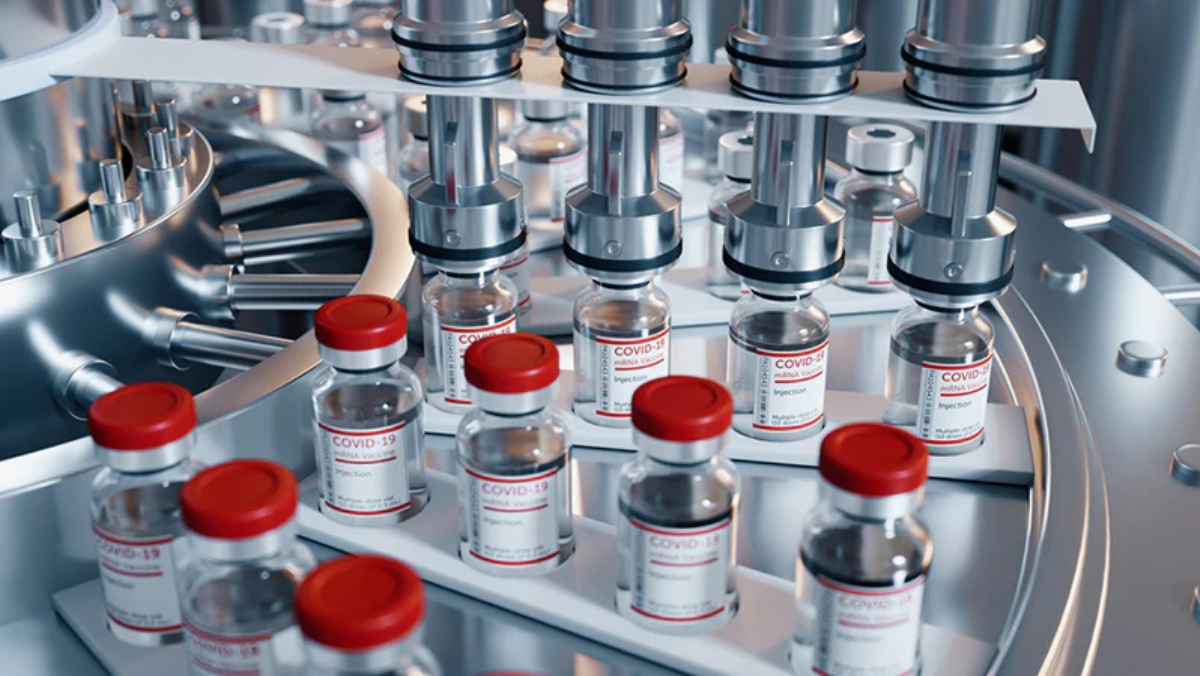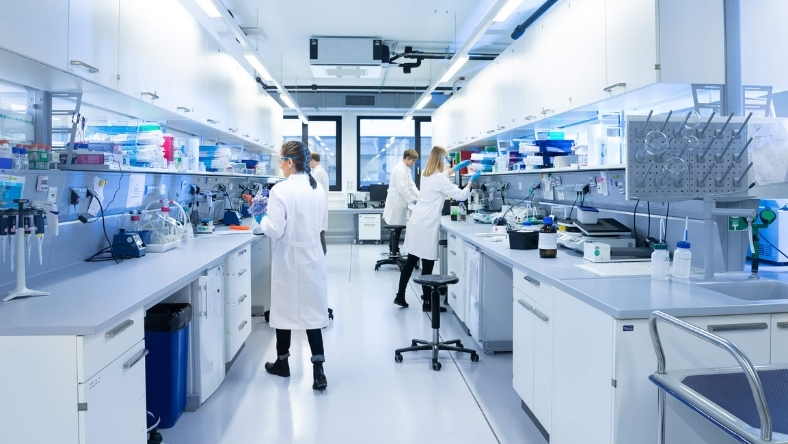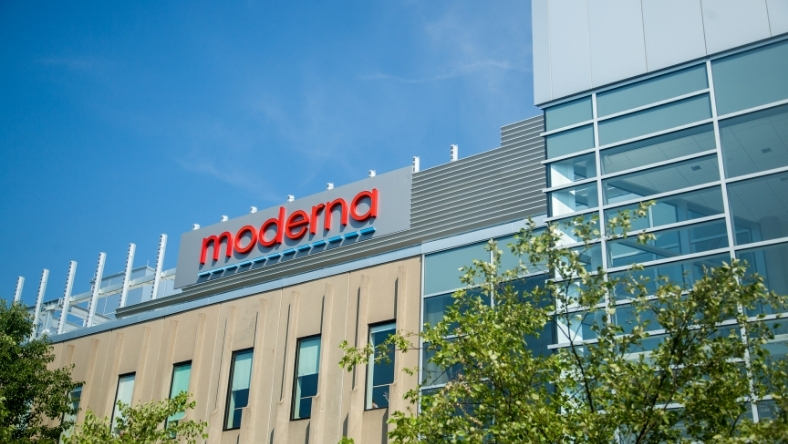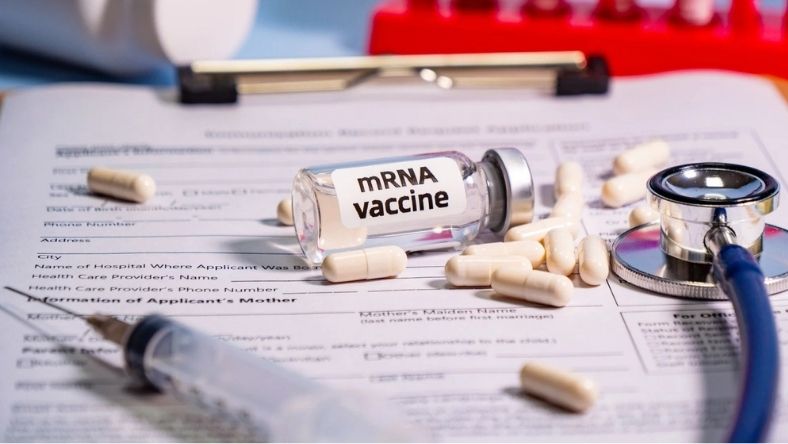INSIGHTS
Moderna’s Homegrown Bet Could Rewire Biotech’s Future
Moderna boosts US mRNA production, strengthening supply chains as firms like Pfizer explore on shore manufacturing
24 Nov 2025

A powerful shift is underway across the mRNA landscape, and Moderna is positioning the United States as the engine of its next phase. The company has launched an investment costing more than $140mn to expand its Norwood, Massachusetts facility, adding the fill-finish stage of production and turning the site into a broader manufacturing hub for its mRNA portfolio. The move reflects a wider effort in the US to reinforce pharmaceutical supply chains after several years of global disruption.
The decision comes as drugmakers accelerate work on mRNA-based treatments for cancer, rare diseases and chronic conditions. By bringing additional steps under one roof, Moderna aims to gain stronger control over production and shorten turnaround times - factors that proved critical during the early Covid-19 vaccine rollout, when overseas bottlenecks slowed deliveries. A senior manufacturing leader said the added capacity offers the flexibility needed for emerging mRNA therapies.
Moderna’s expansion points to a broader reassessment within the sector. Analysts say Pfizer and other rivals are examining increased US manufacturing, suggesting that domestic capability is now viewed as a strategic asset rather than a contingency measure. Many researchers argue that mRNA development is entering a more stable phase, supported by longer-term investment and a growing set of therapeutic targets.
The shift could influence smaller companies that rely on external partners for manufacturing. Early-stage firms may pursue alliances with established producers, while others could choose to build capacity in the US. Thermo Fisher Scientific, a major supplier of mRNA equipment, is expected to benefit as developers upgrade their facilities.
Several challenges remain. Construction and operating costs are high, experienced staff are difficult to recruit, and the wider economic environment remains uncertain. Some critics warn that concentrating production in one country could reduce global resilience. Supporters counter that closer oversight and more reliable output offer clear advantages, particularly as mRNA treatments become more personalised.
Moderna’s investment marks a notable moment for US biotech as companies prepare for a new generation of mRNA products. If current spending continues, the Norwood upgrade may be seen as a key step in anchoring the next phase of American manufacturing capacity in the field.
Latest News
24 Feb 2026
Can Smarter Nanoparticles Unlock RNA’s Next Wave?23 Feb 2026
A £1B Shot in the Arm for UK Vaccine Power19 Feb 2026
mRNA Groups Press Ahead in Cancer Push18 Feb 2026
How the Cloud Powers the Next mRNA Breakthrough
Related News

PARTNERSHIPS
24 Feb 2026
Can Smarter Nanoparticles Unlock RNA’s Next Wave?

INVESTMENT
23 Feb 2026
A £1B Shot in the Arm for UK Vaccine Power

MARKET TRENDS
19 Feb 2026
mRNA Groups Press Ahead in Cancer Push
SUBSCRIBE FOR UPDATES
By submitting, you agree to receive email communications from the event organizers, including upcoming promotions and discounted tickets, news, and access to related events.